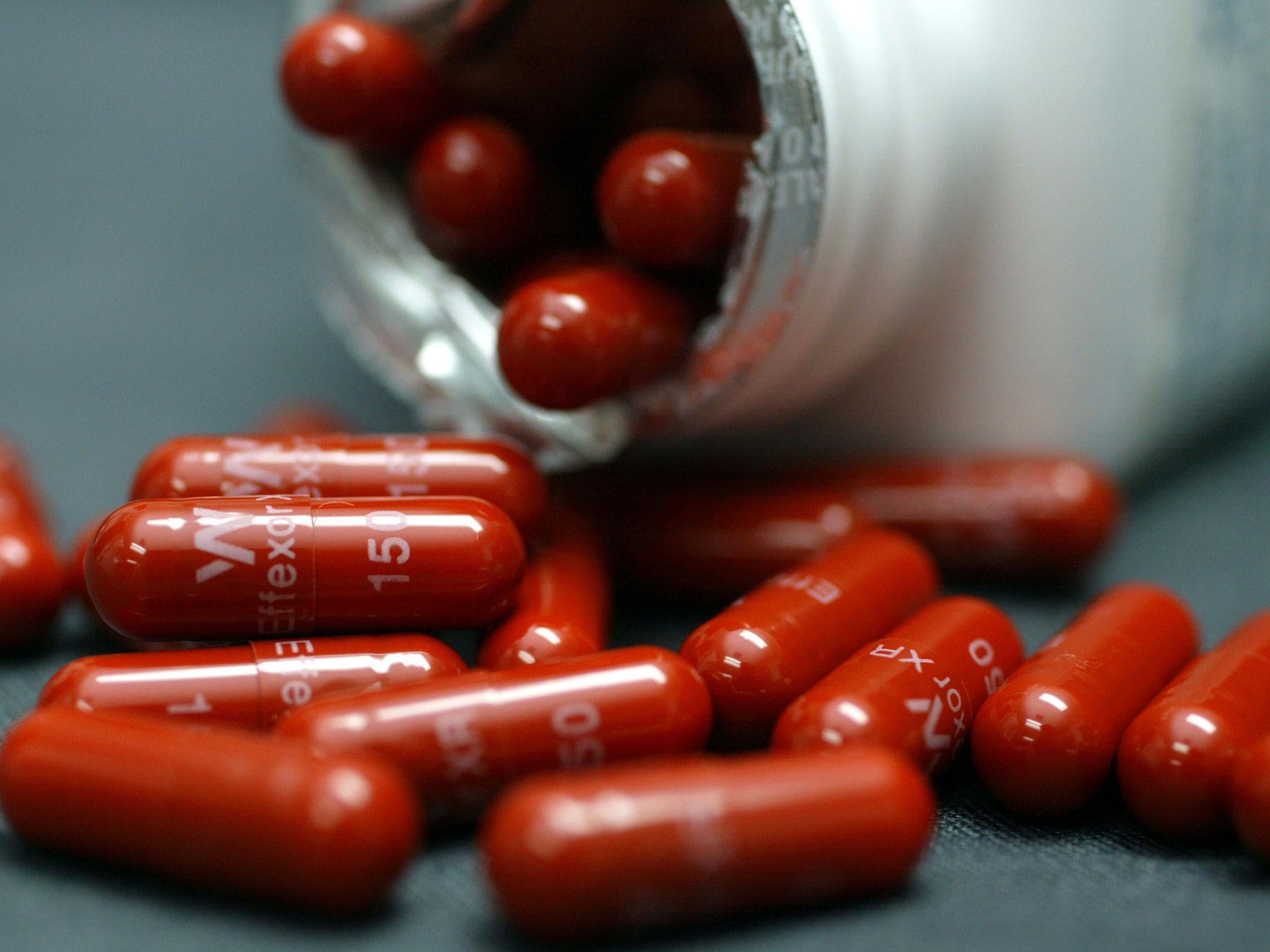Of course antidepressants work. They’ve saved my life several times
I have had a complicated relationship with these white, pink, turquoise and bright red pills but I remain a staunch advocate of the medication


A major study has just proven that antidepressant medication works. Researchers analysed data from 522 trials involving 115,477 people and declared that the 21 most common antidepressants tested were effective at reducing the symptoms of depression. Given that doctors wrote 64.7 million prescriptions for these vital little pills in 2016 alone, this is something millions of Brits already know.
Depression is affecting great swathes of our population, rendering them morose, exhausted, broken and chemically bereft. I am one of them. I have been taking antidepressants, on and off, for around 17 years. I live with bipolar disorder and I’ve trialled a staggering number of different antidepressant medications, responding to changes in my body and brain and trying to tweak my treatment plan.
I have had a complicated relationship with these white, pink, turquoise and bright red pills: I’ve had severe side effects and suffered intense withdrawal symptoms between drugs. Yet I remain a staunch supporter of the antidepressant; a lifelong advocate for SSRIs (selective serotonin reuptake inhibitors) and MAOIs (monoamine oxidase inhibitors). Antidepressants are not perfect, and it is worth noting that they are effective in roughly two-thirds of cases, but they are often all we have to allow depressed people the privilege of living their own lives.

If you are one of the millions of people also taking a pill each morning or evening, then you probably know that these powerful little spheres can save a life, or at the very least make it worth living. If you are not one of those – or worse, you are someone who actively shames people who have to take medication for a valid and debilitating condition – then please, listen. Antidepressants can enable a person to participate in their own life, when they simply cannot otherwise. They have made me able to feel things like joy and love and enthusiasm; they have made me able to function, get out of bed, leave the house, speak to other human beings, work. Without them, these “trivial” gestures of a normal life can seem gargantuan, even impossible. With the right chemicals in my system, I can live my life. What’s more, they keep me from wanting to end it.
With this new study and the confirmation that antidepressants are effective, it is time to start treating them as precisely what they are: medicine. Antidepressant medication is treatment for a health condition that affects a huge number of people. We have spent too long in a society that attaches moral weight to these vital pills; shaming the people who use them and belittling the almighty need for them. There are too many depressed people shying away from treatment because they are frightened or ashamed of taking medication, which is absurd and often tragic. It is medicine, and medicine should not come with stigma.
The research suggests that there are a million more people who would benefit from being on antidepressant medication. This just proves, again, how astonishingly pervasive the illness is. You’ve heard the stat before: one in four people will experience a mental health problem in their lifetime. One in six report dealing with a common mental illness like depression or anxiety every week. It is almost guaranteed that you know and probably love someone who is affected.
It is crucially important that we stop wasting time judging people for treating a dangerous illness, and start putting our energies towards getting them the services they need to stay alive. It’s time to demand better resources from our government, who have a duty of care to the vulnerable and a moral responsibility to improve our mental healthcare services. Following recently announced cuts to funding, current resources are already dangerously insufficient.
So, please, let’s listen to the science and absorb the fact that antidepressant medication is effective and necessary for millions of people. Let’s continue our work to make it better, change our attitude and increase our compassion to those who need it. And let’s stop squabbling over the moral significance of taking a pill to treat your mood – and get people the treatment they need.
Read the other side of the debate here
For more information or support you can contact the following organisations:
mind.org.uk
beateatingdisorders.org.uk
nhs.uk/livewell/mentalhealth
mentalhealth.org.uk
samaritans.org
Join our commenting forum
Join thought-provoking conversations, follow other Independent readers and see their replies
Comments
Bookmark popover
Removed from bookmarks